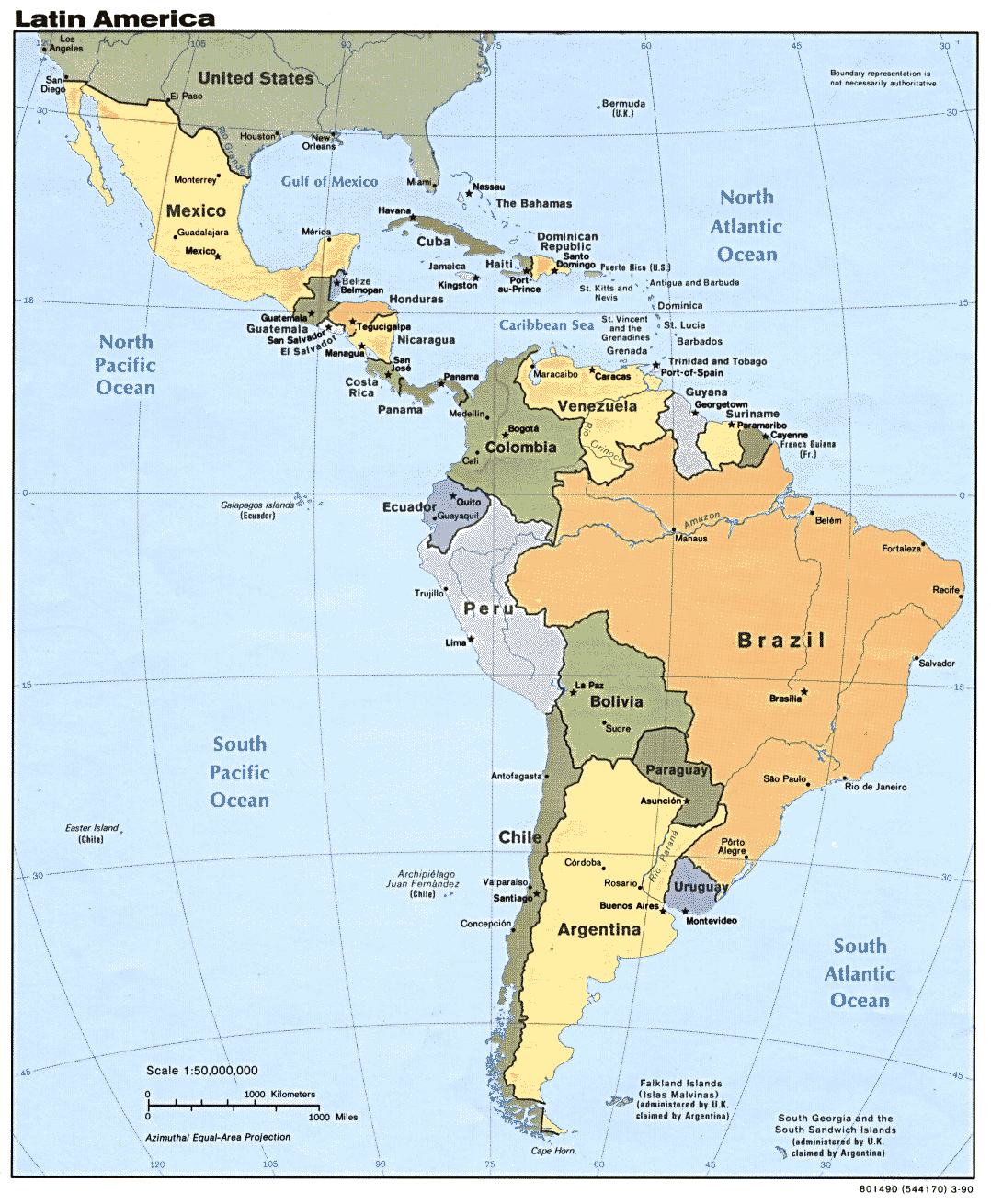Resource information
The International Centre for Settlement of Investment Disputes (ICSID) between investors and states was established in 1965 with the adoption of the Washington Convention, establishing a specific arbitration mechanism under the auspices of World Bank to resolve a very peculiar kind of disputes: the disputes between a state and a foreign investor. The decolonization process that took place in the 50s and 60s and the nationalization of many foreign companies by the new states (as well as the suspension of permits of exploration, mining an oil concessions, adoption of discriminatory legislation, among others unilateral decisions) provoked many tensions around the world, and domestic tribunals seemed at this time unable to resolve adequately the compensation claims presented by the investor. The Convention of 1965 stipulated that ICSID arbitration tribunals are constituted by three arbitrators: one designed by the claimant (the foreign investor), one by the state and that the third one (the President) by the World Bank. The Convention establishes alos the procedural rulings and other formal aspects. We must note that in 1965, there are no general universal human rights instruments in force (the UN Declaration of Human Rights of 1948 is the only general text at the UN), and a few treaties on specific categories of victims or crimes; and we must recall that topics like the protection of indigenous people´s right, the protection of environment and the status of water resources are absent of discussions of the international community.
[...]
CRITICS TO ICSID
ICSID mechanism have been criticised by many developing states and authors, as well as NGO and civil society leaders. The following quote gives a complete panorama of the critical aspects pointed out since many years: “Developing countries and some scholars began to look at ICSID critically, formulating a list of complaints such as: ICSID’s lack of financial and management structure to face its increasing workload; ICSID’s umbilical cord with the World Bank; concerns by some Latin American states that hostility toward ICSID may hamper access to World Bank credit; the pressure on developing countries to resort to assistance from extremely expensive foreign law firms; non-commercial interests, such as health or environmental protection have not received adequate attention; a lack of transparency by arbitration panels; a shadow of arbitrator bias in favor of the investor, with different ad hoc tribunals analyzing similar cases reaching disparate results; the absence of an appeals process, but only a limited annulment procedure; failure to take into account situations of massive economic downturns; cracks in its system of voluntary enforcement and compliance with the award, with some foreign investors losing their faith in Argentina’s willingness to honor ICSID awards”.
Concerning civil society and NGO, the lack of effective participation of civil society during the arbitration mechanism remain unresolved. For instance, the possibility to present amicus curiae by third parties to ICSID arbitrators is a very recent one [16]: even if 2007 ICSID decision was announced as setting “a landmark precedent by recognizing the public interest involved in this water-related investment arbitration, which will influence water concessions around the world”, recent articles indicate the lack of consistency of ICSID jurisprudence after 2007.
The lack of sensitivity shown by the members of the ICSID tribunals in their decisions on issues relating to defense of collective interests (human rights, environment, indigenous peoples, right and access to water) has also been denounced.
[...]
Click here to read the full article.

